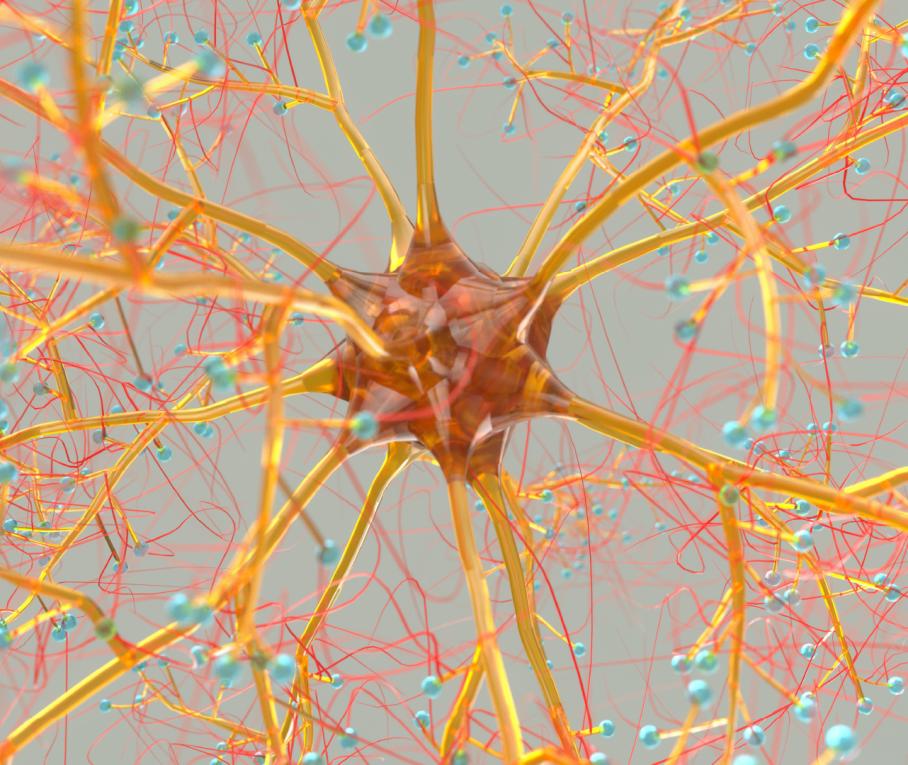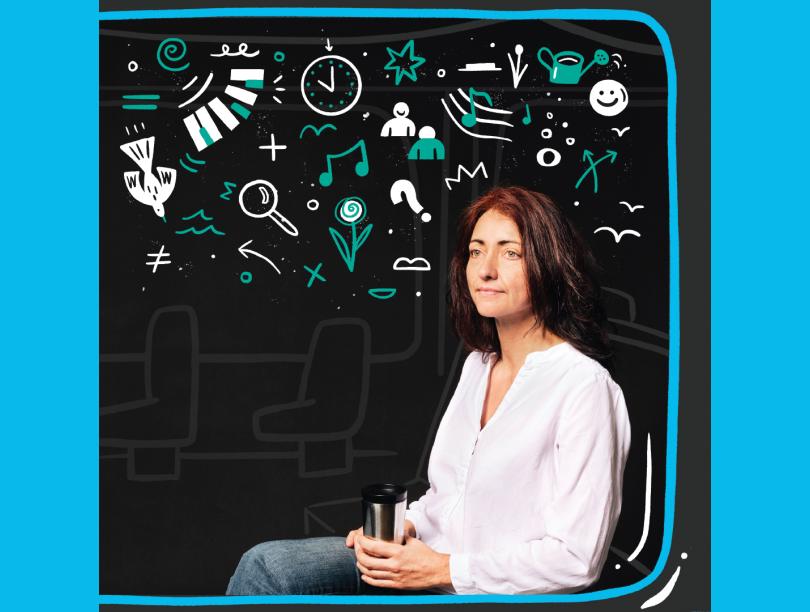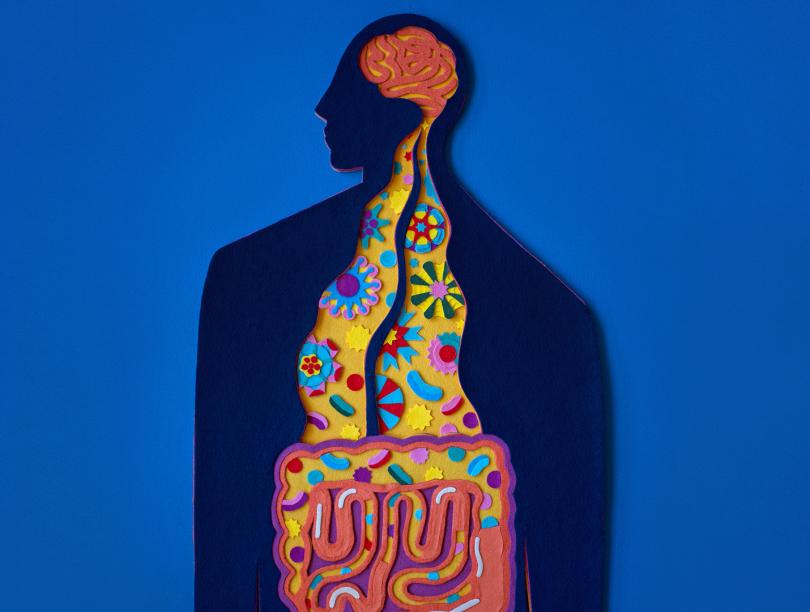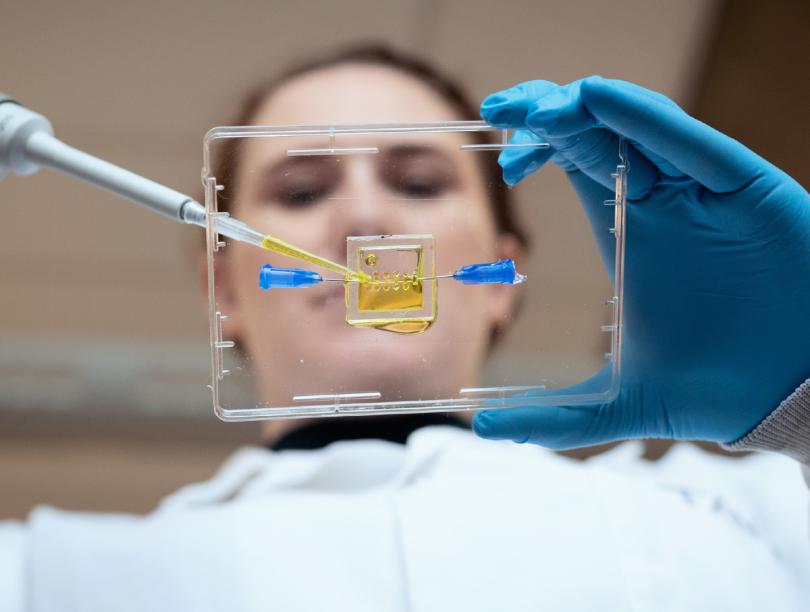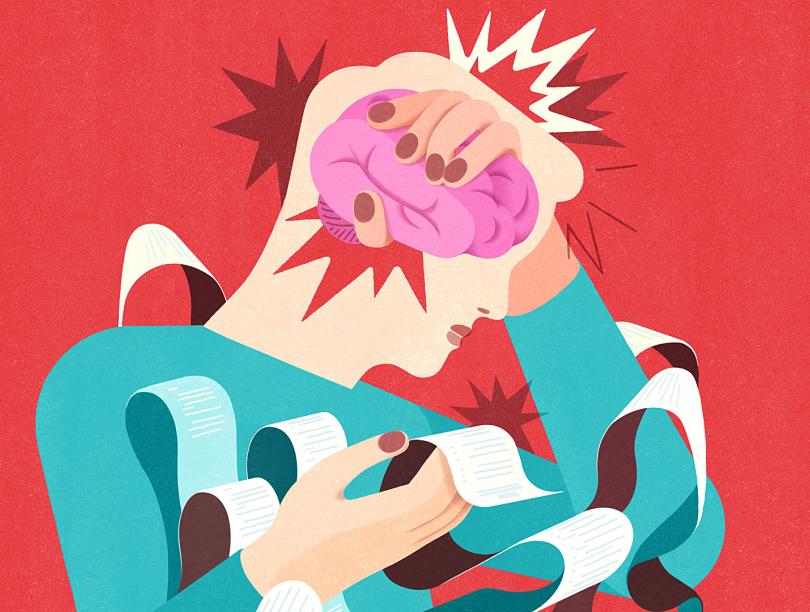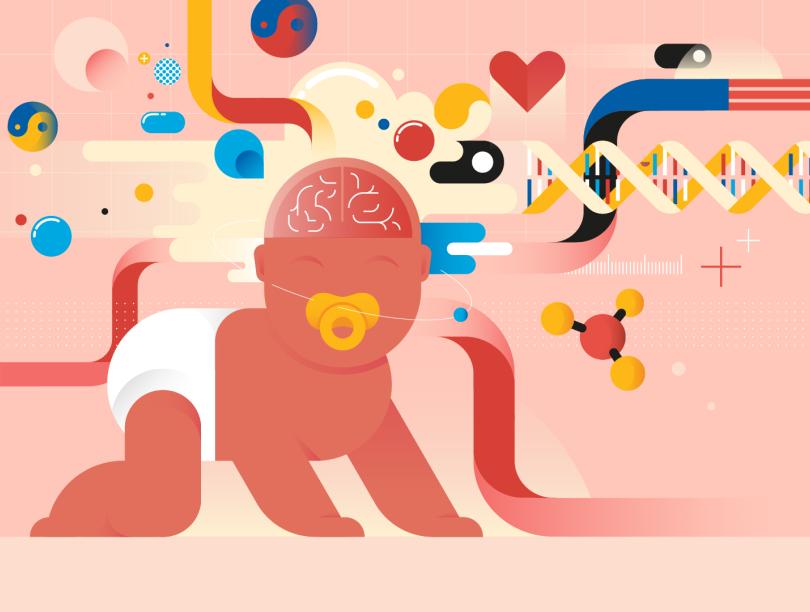Spotlight
Healthy Brains
With populations aging and mental health disorders on the rise, the human brain is the focus of more research attention than ever. Advancing technologies such as machine learning are driving new methods for modelling and studying this highly complex organ, and strategies for keeping us healthy, long into old age.
Learn how unplugging can build healthier brains and benefit our overall wellbeing.
Unravelling the mysteries of gene expression in early brain development.
























